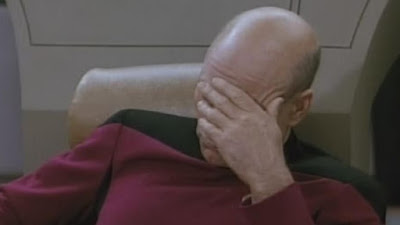Is 0.999... = 1? (spoiler alert: no it is not)
You may have encountered the popular claim that \( 0.999... = 1 \), where the three dots signify that the decimal continues forever. This is a somewhat weird claim, since it would mean that mathematics is broken. There should be no way for two different numbers to have the same value. What makes it weirder is that this is quite popular claim. I've even seen mathematicians say that it's true! But is it though? One popular proof is to first denote \( S = 0.999...\) and then multiply by \(10\) to get \( 10S = 9.999...\) and subtract \( S \) from it, to get \( 10S - S = 9.000...\) and finally dividing by \(9\) yields \( S = 1.000... = 1 \) and we see that \(0.999... = 1\)! However, there's a problem. This short derivation is not strictly speaking correct. It is veeeery close to being correct, and to see why let's look at finite decimals first. Let's say that \(S = 0.999\) (note that this is not the same as \(S = 0.999...\) ). Let's do the same trick as ...

